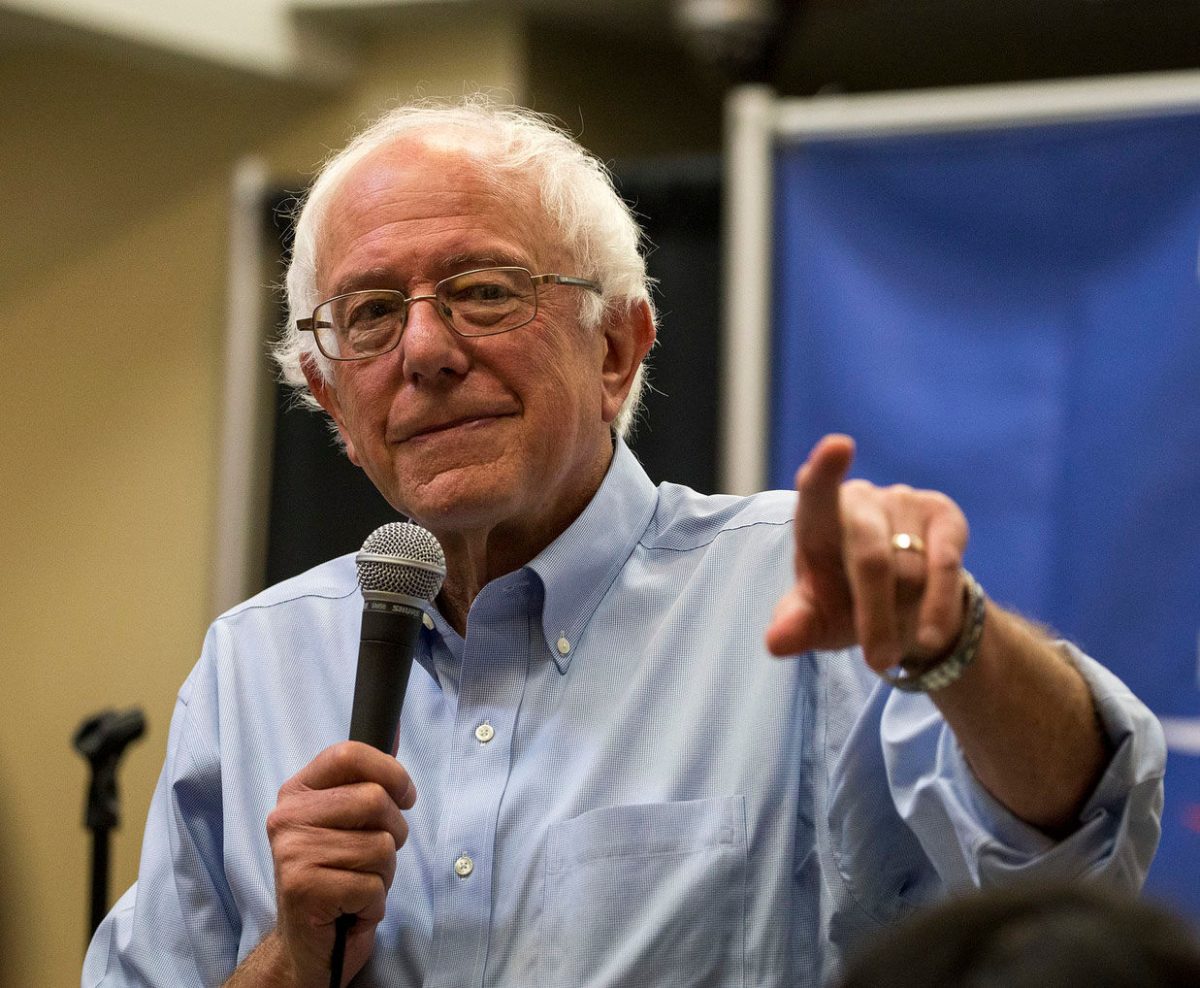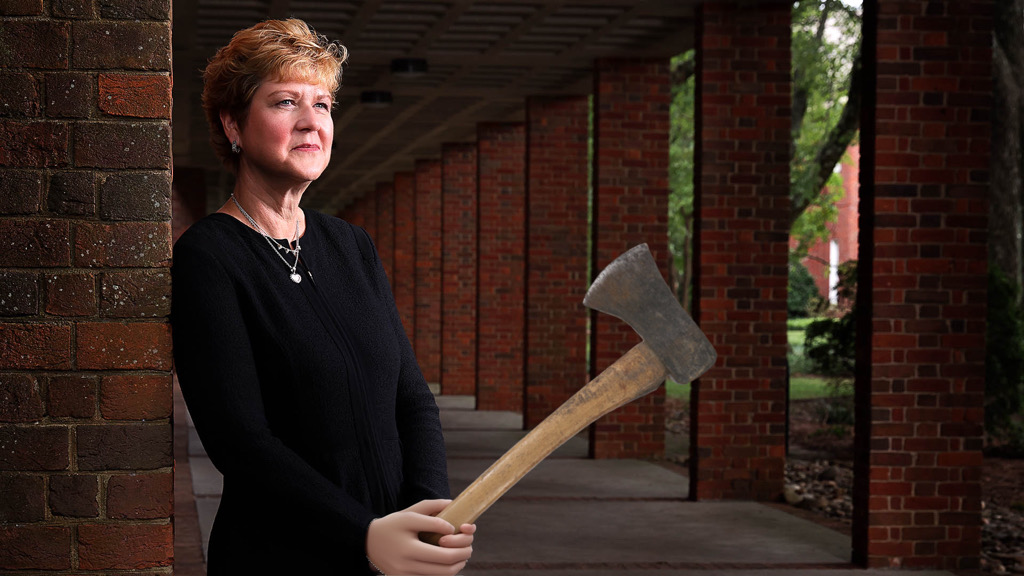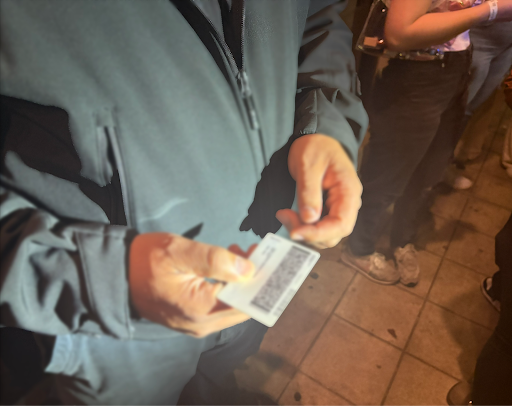
Photo courtesy of Creative Commons
When Bernie Sanders (I-VT) announced his candidacy in May, many wrote him off as a cursory third party member taking advantage of the momentum of the Democratic Party. Political analysts, news anchors and talk show hosts alike made jokes about his chances of winning the election, yet months later he stood next to Hillary Clinton during debates as her only real contender in the Democratic primaries. With Hillary currently in the lead by roughly 20 percentage points overall, Sanders’ numbers are on the rise, and he even leads by a small margin in New Hampshire. This comes as a surprise to many considering Clinton dominated the polls by more than twice that number as recently as July.
The question then becomes, how did a democratic socialist senator from Vermont suddenly rival Hillary as a viable contender for the presidency in such a brief period of time? The short answer is millennials. With both his progressivism and willingness to reclaim democratic socialism, the Vermont senator appeals to a younger demographic with the passion and pragmatism of his policies.
After the Democratic debate earlier in October, mainstream media outlets and political analysts declared Hillary the winner. However, the internet and collective social media space determined that Bernie Sanders was the victor. CNN even reported that Bernie was the most tweeted, Google searched and mentioned name on Facebook of the night. The takeaway: Sanders appeals to young voters, and young voters control the digital political landscape.
An NBC News Poll recently determined those born between 1985 and 1997 are more than twice as likely to vote for Bernie Sanders than Hillary Clinton. Clinton’s poll numbers with that age group have fallen consistently from 36 percent in August, to 34 percent in September and finally to 26 percent in October.
Sanders held a Town Hall meeting at George Mason University this past Wednesday, amassing supporters from 250 colleges and universities across the country with many more livestreaming the event. This mass gathering of young voters saw Bernie address controversial social issues like gay rights, equality for women and Islamophobia, as well as other issues like climate change and environmental policy. His willingness to hear young voices speak out about what matters to them was also evident in his readiness to share the podium with impassioned student speakers.
His promise to lessen student expenditures on education through tuition-free public college also creates a significant policy disparity between him and Clinton. Millennials are far less likely to support Clinton’s policy on tuition because her approach includes less provisions to prevent student debt, the continuation of the work-study model and is largely criticized for putting the financial burden on the middle class.
Sanders self-identifies as a democratic socialist, a term that many have stigmatized in association with Cold War communism and Marxist ideology. While some older voters’ perceptions are reminiscent of a more archaic ideology, Sanders has moved to popularize the term and bring it to the mainstream. Overall, Bernie’s democratic socialism is gaining traction with voters at large, particularly millennials who lack the predisposition of linking socialism with the negative connotations of communism.
He also continues to run a clean campaign, repeatedly refocusing his attention to prevalent issues rather than to denigrate political discussion with negativity towards his opponents. His commitment to his ideology and hopes for change keeps him in favorable standing with the reform-minded millennials of younger generations.
However, millennials are the worst demographic for voting on Election Day, which is something that Bernie will be challenged with. Furthermore, Clinton still possesses a solid lead, including a majority of the African American vote. In keeping the prosaic precedent that political heirs tend to get more support, Clinton’s networking in Washington gives her a deck of democratic endorsements to stack against Sanders as well—she has 34 of the 44 U.S. Senate Democrats, 10 of the 18 Democratic governors and 120 of the 188 U.S. House Democrats. These are concerning numbers for those political scientists who argue that party elites ultimately control the nomination process. However, a recent meeting with Vice President Joe Biden and suggestions from prominent progressive Elizabeth Warren hint at additional endorsements to come for Sanders’ campaign.
NPR also reported that Bernie Sanders has more donors at this stage in the election progress–250,000 individual donors—than Barack Obama when he ran against Hillary Clinton in 2008. Now leading in New Hampshire, Sanders has shown that Hillary is no longer the clear frontrunner for Iowa.
The real test of Bernie Sanders’ popularity will come Primary Election Day when it will fall on the millennial voters to support the candidate they believe best represents their interests. It is imperative for young voters to vote, and it will be interesting to see if Bernie Sanders can mobilize his millennial supporters to break past political trends.






































